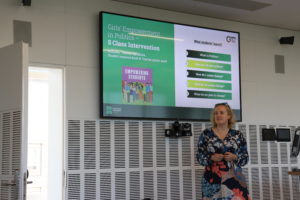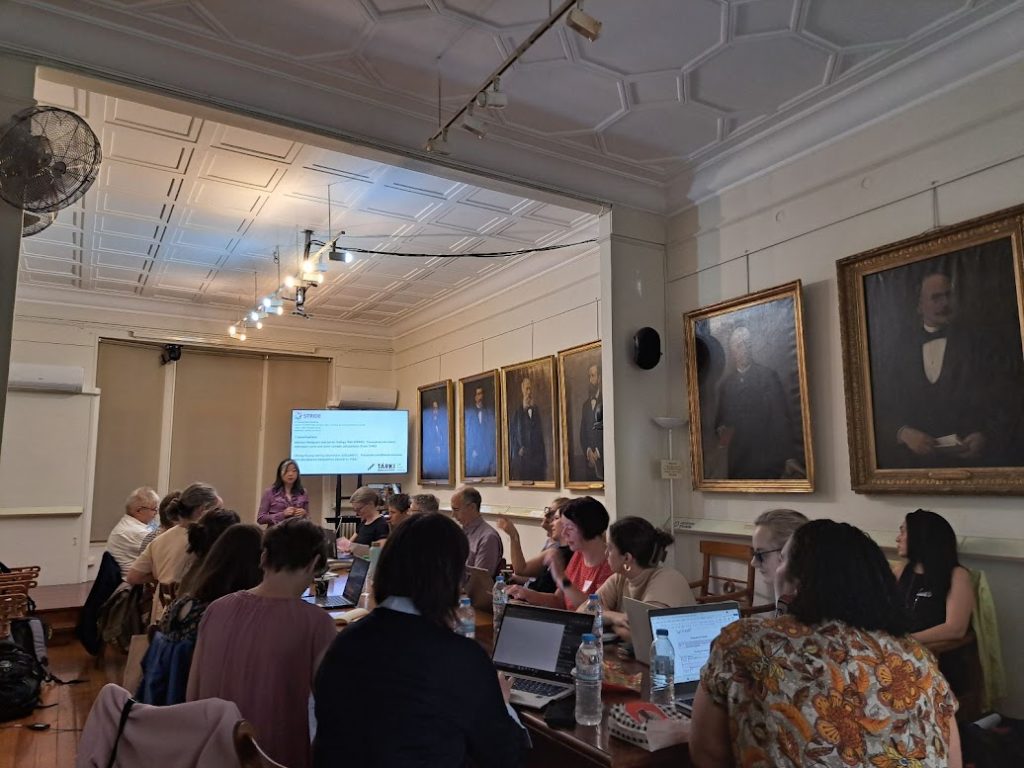Lillian Buus, Head of the Research Centre for Learning and Pedagogy at VIA University College, participates in STRIDE with five other researchers from the University College’s research centres. We asked her to guide us through the next steps of the STRIDE project, in particular, to uncover the current and forthcoming activities that VIA will undertake, as well as the key aspects involved.
VIA has two main tasks in the STRIDE project. They have a main role in the review and analysis of the most significant national and regional education reforms in Europe over the past 25 years. This task involves gathering knowledge about reform initiatives aimed at reducing inequalities and promoting equality and inclusion in education. Moreover, VIA is responsible for collecting STRIDE’s research results and converting them into actionable insights for political decision-makers in the consortium countries and the European Institutions.
An intersectional lens
In an effort to find the causal link between educational policies and inequalities in educational performance, a comprehensive and comparative knowledge base on effective educational reforms, political initiatives, and interventions is being developed.
Specifically, STRIDE partners are investigating a range of intersectional variables that can impact learning outcomes and progress in various ways. These variables include socio-economic background, gender, disability, migration status, home language, school background, and early childhood care (whether in daycare, at home, or otherwise).
In the STRIDE project, we will innovatively combine different methods, data, and disciplines from political science, educational science, and sociology; in order to identify ways to minimise the current challenges related to inclusion and educational inequalities. This aim will be achieved through a comprehensive evaluation of the effectiveness and impact of different political interventions and reforms.
Upcoming activities
VIA University College is currently involved as co-lead on the activities aimed at mapping the trends of inequalities in students’ educational achievement over the past two decades in Europe. In this framework, VIA is currently in the process of collecting data on education reforms in Belgium and Malta. Data has already been collected for Denmark, as well as for Luxembourg, Ireland and the Netherlands.
VIA is also working on inviting National Stakeholders, representing a mix of stakeholders from policy to practice in Denmark for a first meeting in the Autumn, and preparing for the upcoming project consortium meeting, which will take place from 16 to 19 October in Athens.
During this meeting, researchers from VIA will discuss with other partners the design and scope of the policy briefs on equity, equality, and inclusion in educational policies which will be drafted by the project consortium team. They will also discuss the data collected in their research, which will feed into the interactive map depicting the significant factors in policy development that foster or hamper equity, inclusion and resilience in education, training and educational achievements over time, which will be one of the main results of the project.
A toolbox for politicians
In the second half of the project lifetime, through the involvement of national and European stakeholders, VIA will coordinate the development of a toolbox for policymakers based on the enhanced knowledge of what shapes educational outcomes over time and demonstrating the usefulness of longitudinal data in policy-making to reduce educational inequalities in the short, medium and long term. The toolbox will provide practical tools and techniques to assess and address inequalities in education, training, and learning achievements over time using longitudinal data on learning.
The ambition is that the toolbox will facilitate cross-sectoral policymaking and be a valuable resource for policymakers across Europe in their efforts to support equal opportunities for education and learning.














